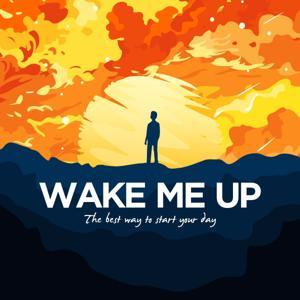
Sign up to save your podcasts
Or



By Banner Health





4.5
5555 ratings



The podcast currently has 123 episodes available.










The podcast currently has 123 episodes available.

3,363 Listeners

1,405 Listeners

2,127 Listeners

1,484 Listeners

2,533 Listeners

118 Listeners

728 Listeners

5,416 Listeners

169 Listeners

1,032 Listeners

393 Listeners

20,662 Listeners

45 Listeners

24 Listeners

621 Listeners